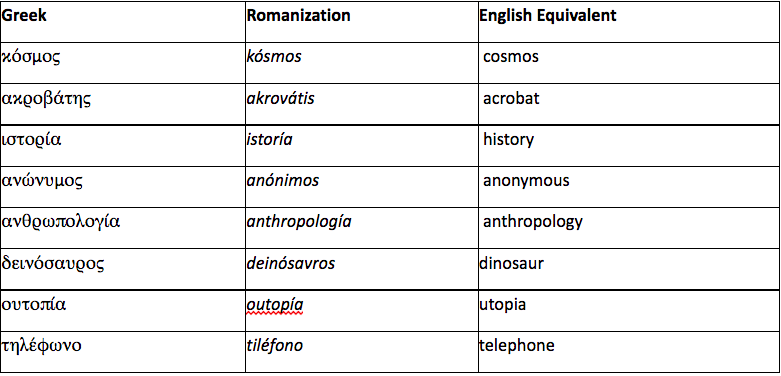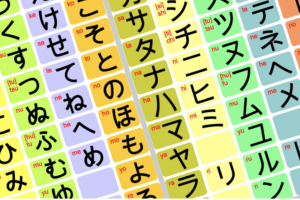
Is Greek a Hard Language to Learn? Insights for Beginners
By: Dr. Karyn A. Koven | Greek is one of the most challenging European languages to learn, not just for native English speakers, but also for those who speak Romance languages. This is largely because Greek stands apart from other Indo-European languages. Despite Greece’s proximity to many countries and its rich historical influence, the Greek language remains unique. Although its alphabet and grammar present challenges, Greek’s impact on other languages can help students progress.
Many English Words Have Greek Origins
The good news is that many English words come from Greek. Knowing the Greek roots of English words gives new students a head start in building their Greek vocabulary. Take the word “alphabet” as an example—one of the first words English speakers learn. It originates from the first two letters of the Greek alphabet, “alpha” and “beta.”
Greek has also shaped many English words, especially in technical, academic, and scientific fields. Connecting Greek words to their English counterparts helps learners build vocabulary and retain new terms. See the table below for a few Greek words you may already recognize!

Practice Greek Pronunciation
Pronunciation can be a difficult task when learning any new language. One challenge learners face is that some Greek letters resemble English letters but are pronounced differently. For example, “P” in Greek (rho) is closer to the English “R” sound, while Greek’s “B” (beta) sounds more like a /v/ than the English “B.” Mastering the Greek alphabet is crucial for building a strong pronunciation foundation.
A native speaker can guide you through learning proper Greek pronunciation with each new word. The Greek letters “Θ / θ” (theta) and “Δ / δ” (delta) sound very similar to English speakers, like our “th.” Listen closely to a native speaker to understand the subtle difference:
- Θ / θ produces a harder “th” sound, as in “Thor” or “thesis.”
- Δ / δ makes a softer “th” sound, like in the word “this.”
With practice and attention to detail, students will grasp even the more difficult aspects of Greek pronunciation. Watch the video below to see what longtime learners of Greek continue to find difficult with the language:
Understanding Greek Grammar
Greek grammar also presents challenges, especially for beginners. Greek has masculine, feminine, and neutral noun genders, as well as four grammatical cases. The endings of nouns change depending on their role in the sentence, based on the case. For example, the vocative case is used when addressing someone directly.
Although grammar may seem complex at first, you can learn it through consistent exposure to the language. Think about how you learned English grammar—you likely absorbed most rules through practice, even if you couldn’t explain them all. Over time, incorrect grammar simply “sounds wrong.” The same will happen with Greek: repeated exposure to written and spoken Greek will help you internalize its structure.
Learn Greek Online with LanguageBird!
Although learning Greek certainly has its challenges, it is still well worthwhile! The ability to speak Greek opens the door to communicating with millions of native speakers and creates a deeper understanding and appreciation for the Greek diaspora’s rich history and culture. A one-to-one format with a native-level instructor offers the best way to achieve proper pronunciation, learn grammar, and master Greek.
Contact us today to learn more!



